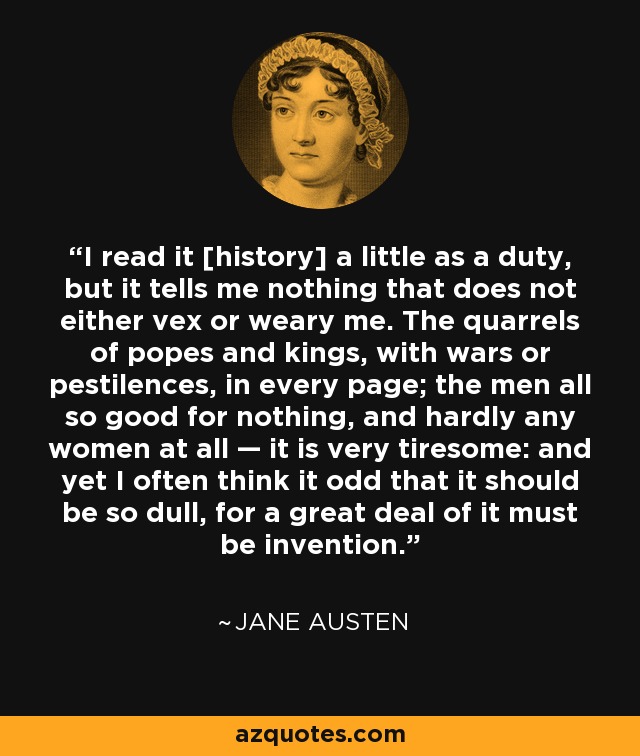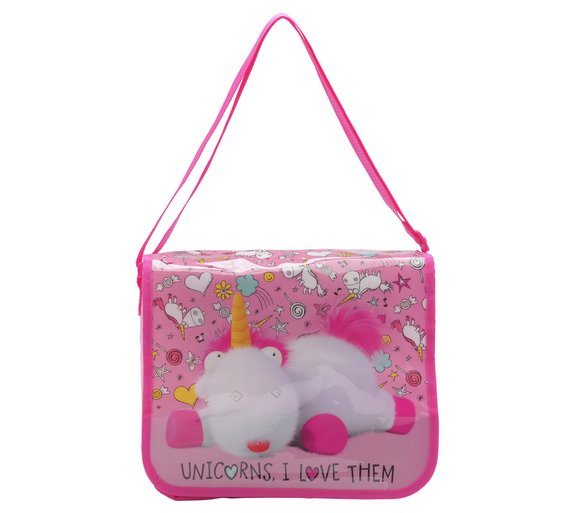Piping good points above, Dill. We're in agreement, especially when you reference "retrospective outrage and recompense" (YES) and how many of those who want to ban Gone with the Wind own a BMW, Mercedes, Nissan, Toyota, Canon, Fujifilm, Nikon... (YES). "Selective conscience" is right.
At work, we had a RAGING LIBERAL for a while. As in, one could hardly move without finding him in their path making speeches about things that did not personally touch his life at all, but about which he was outraged. He reeked of outraged as a means to be a hero, if you get what I mean. I'm sure he actually felt something about the causes he talked about, and I don't disagree that they should be discussed even if they don't personally affect you -- but he was arrogant to the point of being irritating. It's like he enjoyed being the one spreading the enflamed message to people who didn't actually disagree with him -- so he could feel like a rebel. He would pick fights with reasonable people who completely agreed with him!
One day, he started screaming about Black Lives Matter {they do, I agree wholeheartedly}, and my friend asked him how many black neighbors he had, and how often he volunteered to help them rather than merely talking about it. This friend {a conservative independent} knew the Liberal lived in an all-white neighborhood, while he {the conservative independent} actually lived in an area surrounded by black lives, helped them move, helped them with their cars, shook hands with them as he left his house, etc. There was a piece of prime real estate beside him -- a new house opened up. Possibly the Liberal would like to walk the talk and buy up that property so he could live within the world he so passionately defended? Well, that shut the guy up! He didn't want to live in that neighborhood. There's a disconnect there, somewhere.
On feminism? I've experienced a bit of unpleasant behavior personally, but not much. I was touring a museum recently, and the tour guide kept speaking to me like I was twelve. I have taken a few college classes on the ACW, read several books on the topic, visited battlefields and sites and multiple museums, and this guy spoke to me as if it was adorable I'd be holding a notebook capturing notes while there -- as if I was a kid with a school project. Meanwhile, I'm making fairly intelligent observations throughout, I think? At one point, when we were touring one of the bedrooms of the old plantation house, he bent down from across the room, fingers wriggling like they do when one is calling a dog, and he cooed, "Come here! Come here, honey. I have something to show you." My mother was a few paces away, and said the look on my face was priceless. I don't generally hold it in when I have an opinion, but I was visiting my aunt and uncle at the time. They were native to the area and extremely Southern, and I didn't want to embarrass them, so I walked forward to see what the guy wanted. He grabbed me by the shoulders and placed me on a platform that was apparently connected to a mirror the lady of the house would have used, then spun me around, like I was a prop, cooing things like "see, so pretty, look at that" and other remarkably asinine things.
I don't actually find that sort of behavior worthy of a rebellion though. In the moment I do. I was furious. But once I'm away from it, it just falls into perspective. After all, he was just one guy, quite obviously old-fashioned to the point of near insanity, who had been tucked away in an old plantation house under the Florida sun for who knows how many years. I assume anyone would go batty.
The great percentage of men I've met are intelligent, kind, respectful of my point of view, and in no way offensive. My feminism tends toward the archives, ha ha. History, literature, and how much of the female portion of both is winnowed out. I feel so strongly on that topic I want to get on a soap box and make speeches. My personal experience with the topic is literature classes about women in literature -- filled with only female students and taught by a female professor; a class on the female perspective in American history taught by a woman and filled with only female students; the history book I cite above, separated into tidy boxes with one paragraph devoted to females; the appalling reviews I've seen of Gone with the Wind, which claim that she clearly stole the story from Tolstoy or that because it was written by a woman, it isn't relevant; a recent conversation with a man who declared that he'd never allow his son to be assigned Little Women in school --
Actually, I will make a speech on that last point: This was at work (bookstore). Apparently he'd just helped a customer find a book on his son's syllabus. He didn't know what Little Women was, and when my peer handed him the book, the title, the cover {women}, the very idea of it put him into a rage. He said he'd never allow the teacher to force his son to read it. It was an outrage! My friend agreed, and reported this to me proudly because he apparently forgot I'm a thinking human..
I said, "So you wouldn't let your son read it either?" He was outraged! As in, his voice was still offended at the very idea a teacher might assign such a book to a boy. He said he would never allow his son to be assigned Little Women in school, and he wouldn't allow his daughter to be assigned Hemingway, because "she wouldn't get it."
I was stunned! I don't doubt that men/boys would find Little Women boring: tastes are tastes. But I find it appalling that so many would squirm about finding it on a syllabus. It's universally acceptable for a girl/woman to be assigned Huck Finn (or Hemingway, by the way) for an English class, but a similar novel through a female perspective is somehow "less than." Why? Because the book is filled with women? Because it's about the female lot? What? Meanwhile, domesticity was the life of half the population of the western world (and certainly the eastern, I assume!) in Alcott's era. If the book is assigned to a student who kicks and screams through reading it, fair enough: kids kick and scream through Shakespeare, too. It's understandable they might find the book out of their comfort zone. But to refuse to allow your child to READ IT? Because your child is male? This goes directly back to what we're talking about above: censorship! Picking and choosing the parts of history we'll value and remember.
Well, when I called the guy SLIGHTLY OLD-FASHIONED in his thinking, he flagged the male nearest him for confirmation, and the message was exactly the same: Hemingway is for men, Alcott is for women, and schools should not mix the subject matter. THERE IS SOMETHING WRONG WITH THIS PHILOSOPHY. I CANNOT EVEN BELIEVE IT REQUIRES SPELLING OUT.
(I know you've also talked about not wanting to read Little Women, by the way. I'm not talking about you, Dill. I realize you're responding to a personal disinclination to read a book you'd find overly moralistic, preachy, and boring. Like Tess I assume. Personal taste. We read what we want in our free time.)
I'm talking about actually institutionalizing, with children, the idea that some books are for girls, and others are too much for girls, of the SAME AGE, and passing over a literary history as valid as the one the world remembers {the male one}. The overly moral, preachy stuff of Little Women? That's what females lived, at least here in America: their lives were saturated with the idea that goodness, perfection, catching a husband, and serving their man was their lot. BOYS SHOULD KNOW THAT ABOUT HISTORY. Otherwise we're institutionalizing censorship! They should know what women were expected to write -- the style that was considered their only public platform. They HAD to write like that. That's important to history, the way the female voice was boxed in and then panned for being in that box.
That's what I'm talking about when I say that I want the forgotten women remembered {above}. Instead they are shoved to the side, STILL, as they were in the nineteenth century. In our literature and our history books. You don't get to just NOT READ the books for school you find boring! If it's boring, maybe it's a good idea to experience that, to see what history experienced? Get into those women's history classes, gentlemen! It should be as mandatory as the male historical perspective. Even more enlightening? Would be if men took those classes voluntarily. My professor actually had to fight to get the course on the syllabus at all.
Rant aside? I've always found you receptive and intelligent on this topic, Dill xx -- never anything but. I've never once felt you consider me less than you because I'm female. I've enjoyed extremely rich discussions with you on history and literature, whether the topic is war or the "women's perspective." I appreciate that, and love that you so often choose books by or about women without seeming to even notice you're doing it. I never get the sense you're reading a book by a woman to check it off your list; you read where you're pulled because you're naturally curious. Respect. x





